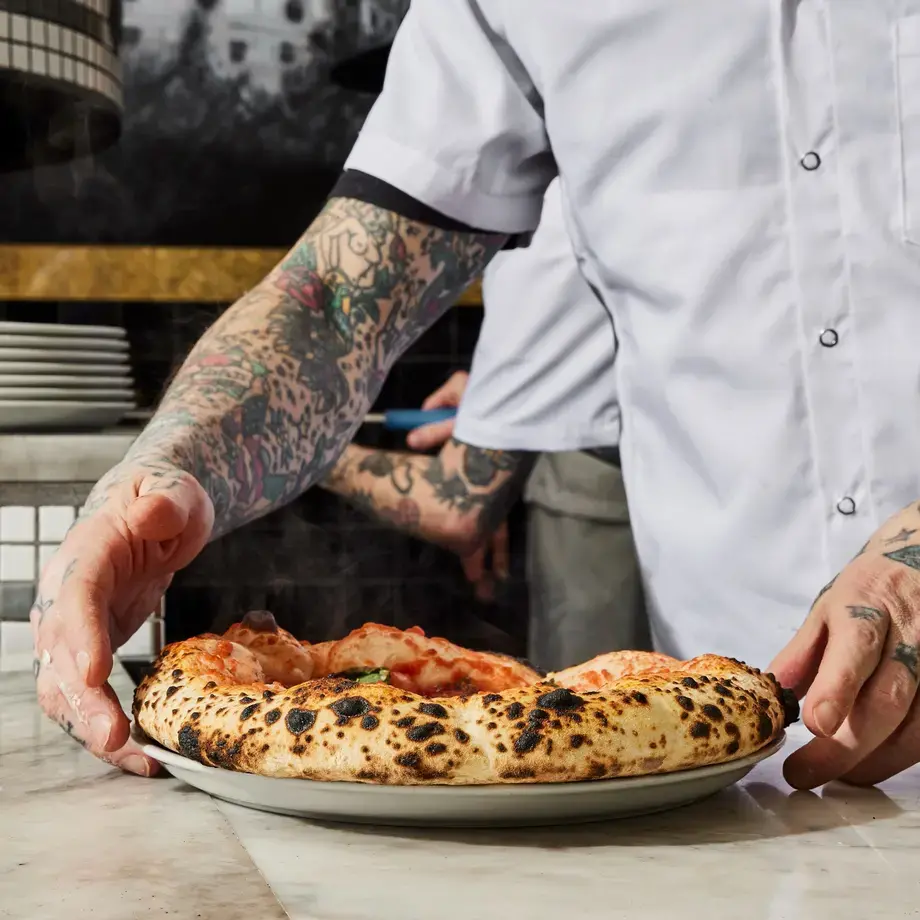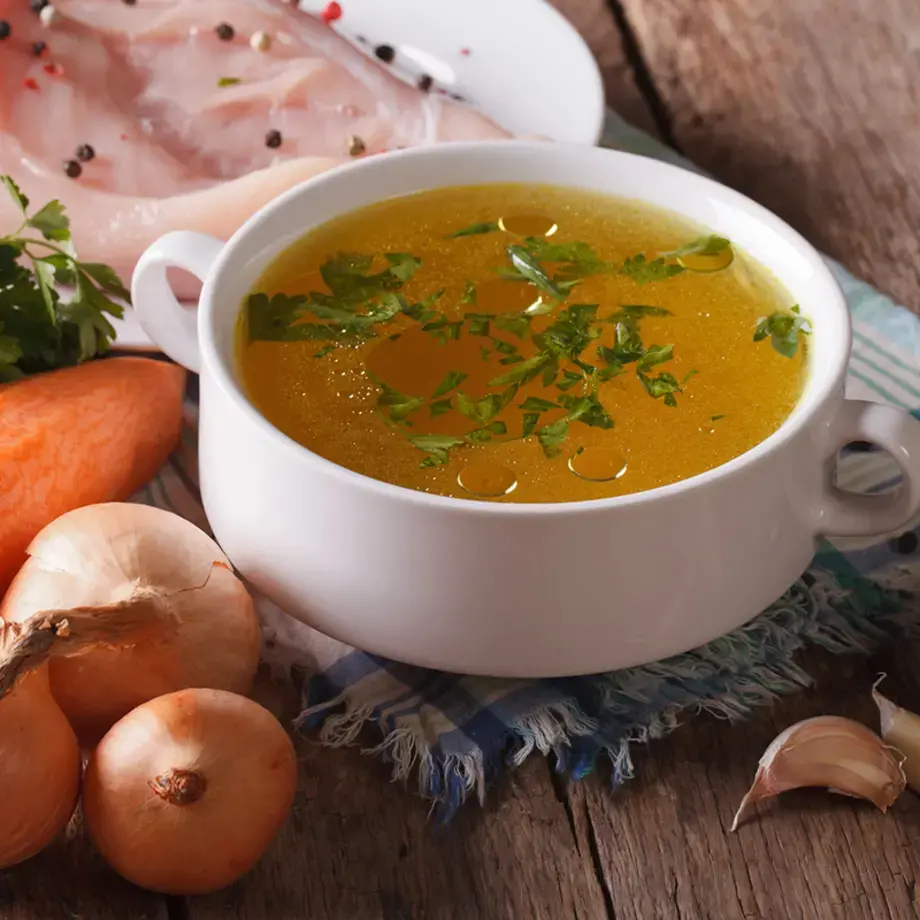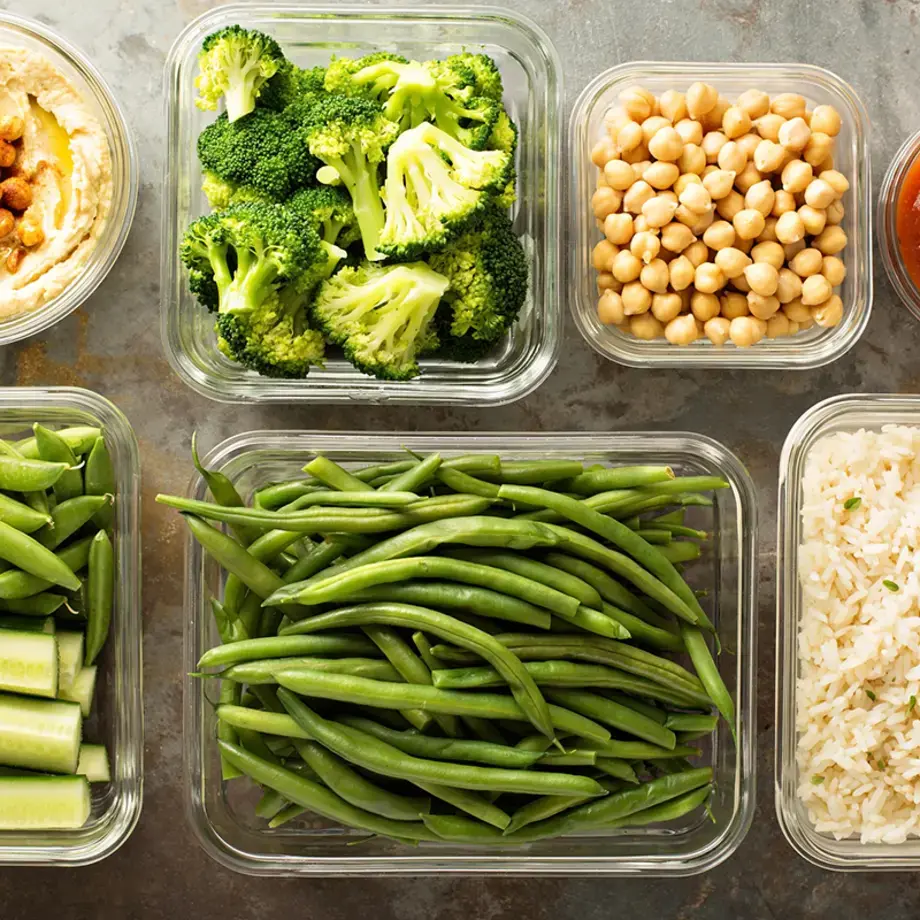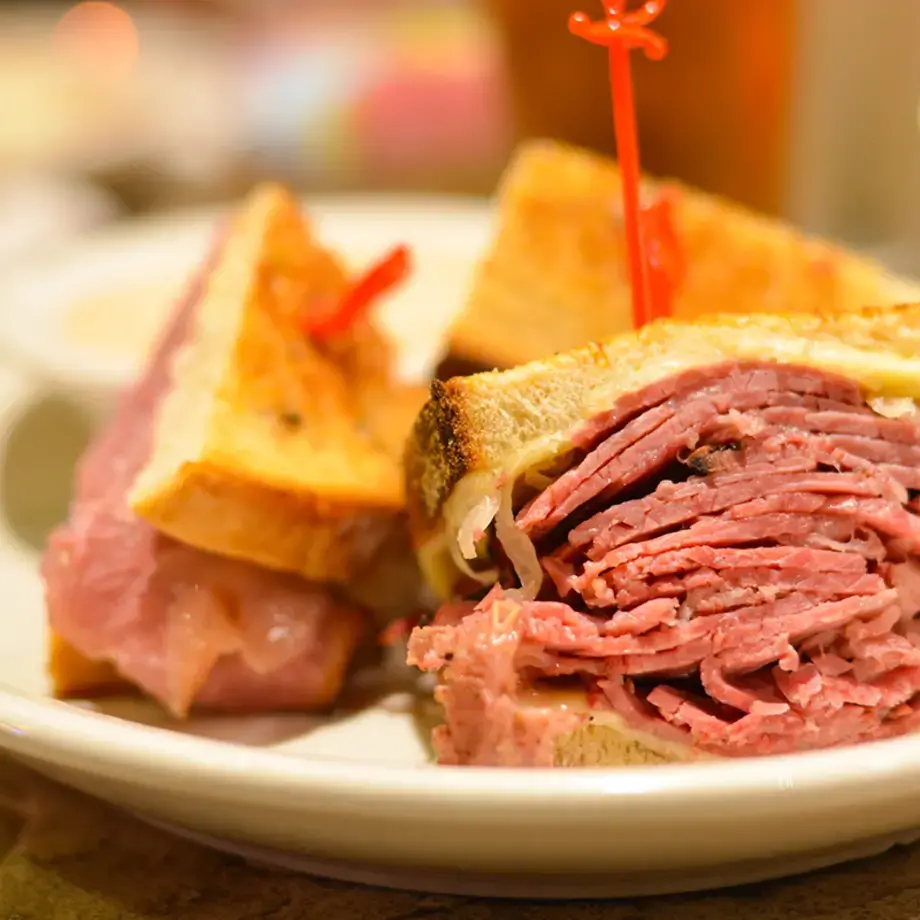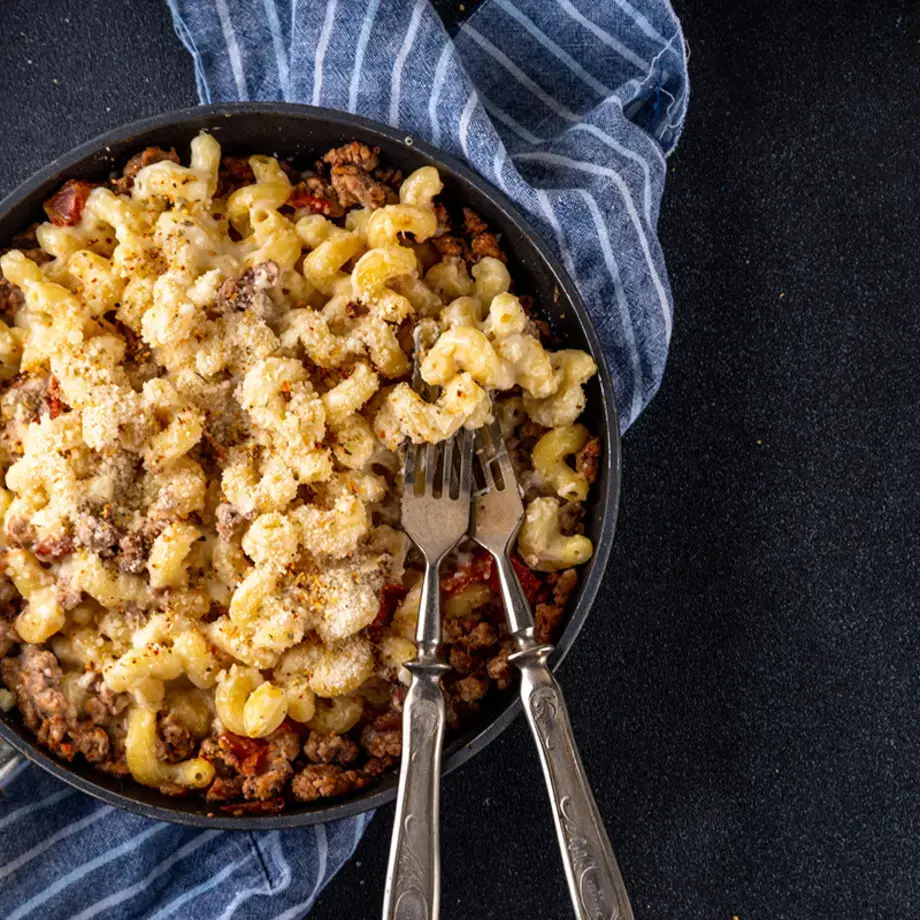Pumpkin – a type of winter squash – is a delicious and versatile vegetable that can be enjoyed in soups, roasted as a side dish, or baked into pies. Make sure not to throw away the seeds when you clean out a pumpkin – they are fantastic and super-healthy.

Photo: iStock
All You Need to Know About Pumpkin Seeds

Pumpkin seeds are edible seeds found inside pumpkins. These flat, oval seeds have a white outer husk and are green once the husk is removed. They can be eaten with or without their shells.
There are plenty of ways to consume pumpkin seeds and benefit from them. Pumpkin seeds can be eaten as a snack, as a recipe ingredient, or used to make tofu, vegan butter and protein powder. You can roast them or sprinkle them onto oatmeal or overnight oats, yoghurt, or avocado toast. You can add them to salads or as a garnish for hummus, cooked vegetables, soups and stir-fries. You can incorporate pumpkin seed butter into pesto, sauces, smoothies, energy balls or baked goods.
Pumpkin seeds nutrition
Pumpkin seeds are nutrient- and calorie-rich. They provide a high content of unsaturated fat, protein, dietary fibre, and essential vitamins and minerals.
One ounce (28 grams) of pumpkin seeds without the shell contains:
Calories: 163
Fat: 13.9g
Carbohydrates: 4.17g
Fibre: 1.84g
Protein: 8.45g
Magnesium: 156mg, 37% of the daily value
Zinc: 2.17mg, 20% of the daily value
Iron: 2.29mg, 12% of the daily value
Pumpkin seeds benefits
Research confirms that pumpkin seeds have an exceptional nutrient profile that enhances our health in a variety of ways. They’re a rich source of protein, unsaturated fats, vitamins, minerals, and powerful antioxidants that reduce the risk of some diseases.
Pumpkin seeds have been found to improve heart health, blood sugar levels, fertility and sleep quality. In addition, their high nutrient content may provide other health benefits, such as increased energy, improved mood and immunity.

Here are a few of the science-backed properties and benefits of pumpkin seeds:
Anti-inflammatory effects
Pumpkin seeds contain antioxidants called phenols and flavonoids, which protect our cells from damage and reduce inflammation in our bodies. Phenols help fend off harmful compounds in the body. Flavonoids have been linked to a broad spectrum of health-promoting actions, such as protection from cancer, artery hardening, and Alzheimer's disease. These antioxidant effects may be even stronger with roasted pumpkin seeds. Research shows that roasted pumpkin seeds are richer in phenols and flavonoids.
Anti-cancer properties
Laboratory studies show pumpkin seeds can inhibit the growth of breast and prostate cancer cells. These effects are attributed to pumpkin seeds’ powerful antioxidant properties, but much more research is needed.
Lower risk of diabetes
Pumpkin seeds are high in magnesium, a mineral most people don't get enough of in their diet. Magnesium content helps regulate blood sugar levels, reducing diabetes risk. Pumpkin seeds also help people with diabetes maintain blood sugar control to help them manage their condition.
Healthy heart function
The magnesium found in pumpkin seeds helps lower and regulate blood pressure. This effect explains why diets high in magnesium are associated with a lower risk of stroke and heart disease. Researchers have found that the antioxidants in pumpkin seeds also keep our blood vessels flexible, improving blood flow and reducing the risk of heart and circulation issues.
High in fibre
Fibre-rich diets promote good digestive health. In addition, high-fibre diets have been linked to lower risks of heart disease, type 2 diabetes and obesity. Pumpkin seeds are a great source of dietary fibre.
Better sleep
Snacking on pumpkin seeds before bed could improve your sleep. Pumpkin seeds contain tryptophan, an amino acid that promotes sleep. The zinc, copper, and selenium in pumpkin seeds can also positively impact the duration and quality of sleep. Finally, studies show that magnesium helps reduce insomnia-causing stress and anxiety.
It's easy to incorporate pumpkin seeds into your diet. You can eat them on their own or add them to Greek yoghurt and fruit. You can sprinkle them into salads, soups or cereals. You can also use pumpkin seeds in sweet or savoury bread and cakes.
How to peel pumpkin seeds
Pumpkin seeds are enclosed in a tough shell or hull. Although the hull is safe to eat, you may prefer to peel it away, especially if it is thick or hard. The process takes time and requires a bit of effort and patience, but the reward is great – soft seeds that can be used in so many recipes or as a healthy snack.

Step 01
Fill a large pot with 1 quart of water for every 2 cups of seeds. For every quart of water, add 2 tablespoons of salt.
Step 02
Bring the water to a boil, add the pumpkin seeds, then cover and boil for 30 minutes.
Step 03
Remove the pot from the heat and drain the pumpkin seeds in a colander. Let them cool.
Step 04
Using your fingers, crack the pumpkin seed in half. It’s best to grab the seed at its narrowest point and crack it there.
If you want to learn how to skin and peel a pumpkin, check out our guide: it’s all about technique.
How to cook pumpkin seeds
Raw pumpkin seeds are delicious, but roasted ones taste even better.

Step 01
In a small bowl, combine pumpkin seeds, olive oil, salt, garlic powder, paprika, and black pepper.
Step 02
Spread the seasoned pumpkin seeds on a sheet pan previously greased with olive oil.
Step 03
Bake the pumpkin seeds in the oven at 400°F (200°C). When the seeds begin to brown lightly, they are ready. Small pumpkin seeds may toast in around 5 minutes, while larger seeds may take up to 20 minutes.
How to store pumpkin seeds
Raw pumpkin seeds need to be dried in the oven before being stored. Place the seeds on a sheet tray and bake at 250°F (120°C) for one hour or until they’re crispy. Let them cool completely. Then, transfer the dry pumpkin seeds to an airtight container or storage bag.

